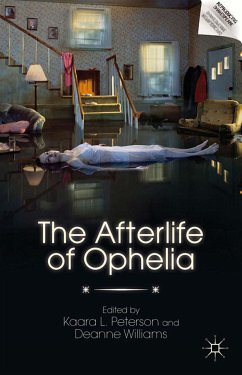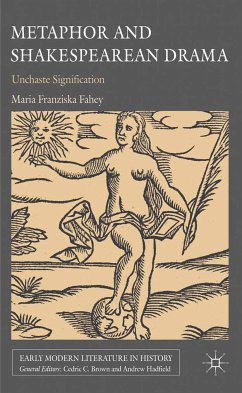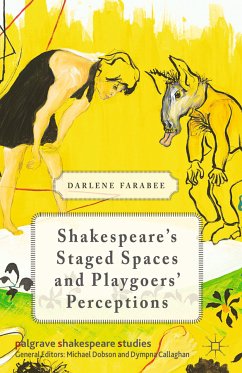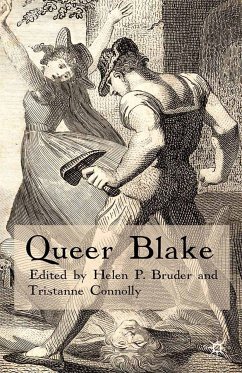Dieser Download kann aus rechtlichen Gründen nur mit Rechnungsadresse in A, B, BG, CY, CZ, D, DK, EW, E, FIN, F, GR, HR, H, IRL, I, LT, L, LR, M, NL, PL, P, R, S, SLO, SK ausgeliefert werden.
'This is a simply fabulous collection of essays on 'the blighted girlhood' of Ophelia, whose fate has fascinated readers for centuries. Far from being a static figure, however, this volume shows that Ophelia has changed with the times, and her fate reveals as much about the cultural dynamics of representing femininity as it does about Shakespeare's character in her original rendition.' Dympna C. Callaghan, William Safire Professor of Modern Letters, Syracuse University









